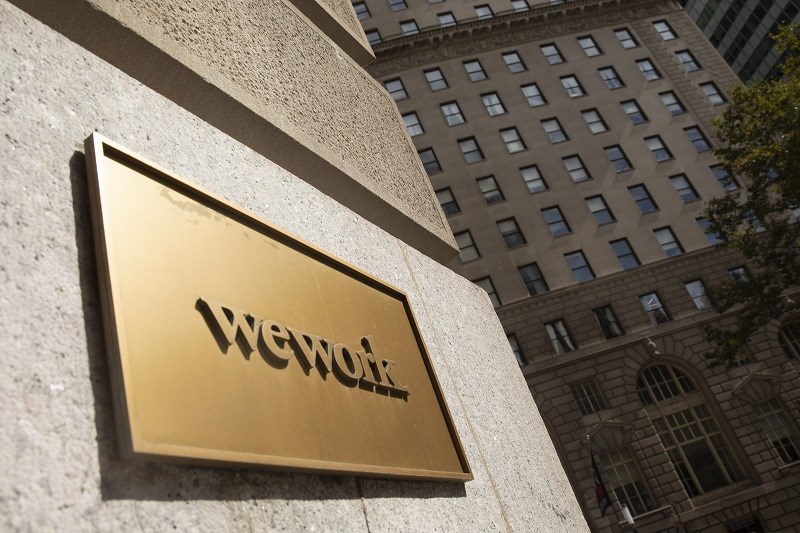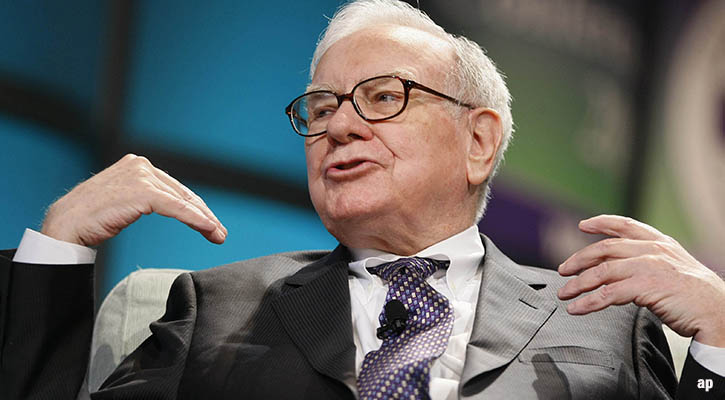
With the bank holiday fast approaching and the weather looking more seasonal, our stock of the week has an ice cream theme. We asked our Twitter followers to chose between the owners of Cornetto, Green & Blacks and Haagen-Dazs. They’ve gone for Unilever (ULVR), home to a roster of international food and drink brands, and maker of Magnum, Carte D’Or, Ben & Jerry’s, Vienetta, Wall’s and Solero. But Unilever is about much more than ice cream, with personal and beauty brands like Dove and home staples like Persil and Domestos. The company is now the biggest component of the FTSE 100 index and is one of only two stocks, along with AstraZeneca (AZN), to boast a market capitalisation above £100 billion. A rejected takeover approach in 2017 by another stock of the week, Kraft Heinz, valued the company at $143 billion, around £110 billion at the time.
Covid-19 has impacted the company unevenly, say Morningstar analysts. With many restaurants, cafes and shops closed, Unilever sales of food and drinks in these outlets have inevitably suffered. And with barely any opportunities to socialise and with people working from home, beauty and personal care product sales have fallen. But certain trends have has been softened by the stay-at-home trends such as banking and demand for branded “comfort food” noted by the likes of Kraft (Unilever makes Cup-a-soup, Pot Noodle, Marmite and Knorr stock cubes). Morningstar’s Philip Gorham expects this trend to reverse, boosting beauty care over food categories, as economies re-open; that means less home baking, more partying (and higher spending on grooming products as workers go back into the office).
According to Morningstar, Unilever possesses a wide economic moat. Its large roster of products, acquired over the decades, is one aspect of this large competitive advantage. “The firm’s broad portfolio of products across multiple categories and supermarket aisles creates a virtuous cycle of competitive advantages, comprising intangible assets and cost advantages that new entrants simply could not replicate,” says Philip Gorham. Size is a distinct advantage in the fast-moving consumer goods industry, Gorham says, as it increases a company’s bargaining power with retailers and ensures a prominent position in supermarket aisles. Size also gives you cost advantages, and the money to invest in “customer acquisition” in a hyper competitive retail space. To that end, Unilever spend 14% of its circa €50 billion annual revenue on advertising and promotion. Valuation-wise, the company’s shares are trading a touch below their fair value of £43, according to Morningstar analysts.
In a presentation to investors this week fund manager Nick Train praised Unilever’s ability to “grind out perfectly acceptable returns” over the long-term. (Unilever is among the biggest holdings in the Silver-rated Finsbury Growth & Income Trust).While tech stocks steal the limelight, the likes of Unilever produce steady but dependable gains combined with dividend increases. Last year’s share price gain of 4% followed a rise of 9% in 2019 and around 3% in 2018, and the dividend has been increased over the last six years, which was especially valuable in 2020 when former dividend stalwarts like Shell (RDSB) were slashing their payouts. Over 58 years, Unilever’s dividend growth has been just under 8% per year, Train said, describing the company as a “dividend machine”.
This dividend growth has not come at the expense of share price gains either: Train praised Unilever as one of the “compounders” in his portfolio like London Stock Exchange (LSEG), which have gained by many multiples since he bought them. Currently, Unilever has returned 16 times the original investment, but Train is on record for aspiring to own companies that have returned 100 times the original investment. In terms of dividends, Unilever is second on our list of highest yielding FTSE stocks, with a forward yield of around 3.4%.




























